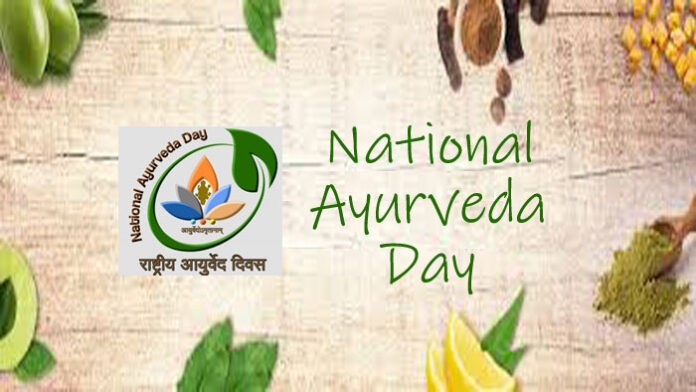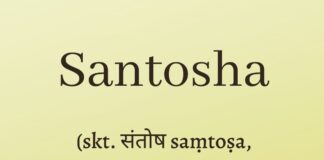Ayurveda, India’s natural system of healing has spread worldwide as an innovative and comprehensive system of mind-body medicine. Wherever yoga has gone, ayurveda is now following as the essence of yogic healing for both physical and psychological well-being. It takes the teachings of yoga and expands them into a full medical system for both disease treatment and health enhancement.
By Dr David Frawley
This modern global ayurveda is rooted in traditional ayurveda with its embracing of Vedic knowledge on all levels from diet and herbs to pranayama, mantra and meditation. It seeks to extend the boundaries of medicine beyond chemical drugs and physical concerns to a higher awareness within us connected to the universe as a whole. It is ecologically harmonious and works with nature’s abundance, attuning us to the transformative movement of life.
The prestige of the new global ayurveda is very different from the neglect that ayurveda has suffered in modern India, where it has remained in the shadow of Western medicine.
Yet in India now ayurveda is also gaining respect and many of the great yoga gurus in the country are taking up its cause.
National Ayurveda Day, Dhanteras and Dhanvantari
Recognising the importance of global Ayurveda, the government of India is celebrating October 17 this year as National Ayurveda Day and ayurvedic groups worldwide are following suit.
Ayurveda Day is based on Dhanvantari Jayanti, the birth date of Lord Dhanvantari, which occurs before two days before Badi Diwali on Dhanteras. Few Indians know that Dhanteras is originally Dhanvantari Jayanti, not simply a day for outer prosperity but also for inner renewal.
Dhanvantari is the form of Lord Vishnu, the protective aspect of divinity, who arose from the samudra manthana, the original churning of the cosmic ocean, as a gift of healing for all.
Lord Dhanvantari holds the nectar pot of immortality that grants optimal health, extending to rejuvenation of body and mind. He is the ideal doctor and manifestation of compassion, representing the wisdom of ayurveda in practical application. His image can be found at ayurvedic schools and clinics, where mantras to him are chanted daily.
By honouring Dhanvantari we can open ourselves to the power of healing within us. Accessing such inner blessings is more important than merely buying gold and silver that Indians commonly do on Dhanteras.
It is our own inner wealth of positive vitality that we need to increase, particularly today when medicine is expensive and medicinal drugs have numerous side effects.
Vast scope of Ayurveda
The ayurvedic view of the human being, based on yoga and Vedanta, is of body, mind, and universal consciousness as a single continuum. We can contrast this with the modern medical view of the human being as a mere physical body and complex of chemicals.
Ayurveda teaches us the inner energies of foods, spices and herbs. It provides the details of proper use of the senses and control of the mind through dharmic values.
Ayurveda is not just a system of medicine that aims at treating diseases. It teaches daily and seasonal health regimens, so that diseases do not arise in the first place.
Ayurveda helps us understand our own unique nature according to the three doshas of vata, pitta and kapha, reflecting nature’s elements within us. It is an individualised system of medicine that shows us the right therapies for health and longevity – which differ by person and cannot be reduced a single formula for everyone.
Health and well-being remains one of the greatest challenges in this computer age in which we are losing our moorings in nature to an invasive technology and artificial way of life.
It is time to acknowledge ayurveda as one of the most important traditions of natural healing in the world. It is one of the greatest gifts of India’s profound spiritual and yogic culture.
May Dhanvantari as the universal healer bring well-being and lasting happiness to all!
This article first appeared in www.vedanet.com and it belongs to them.








